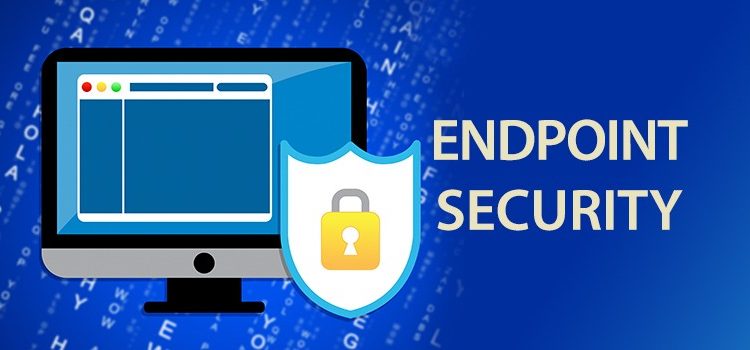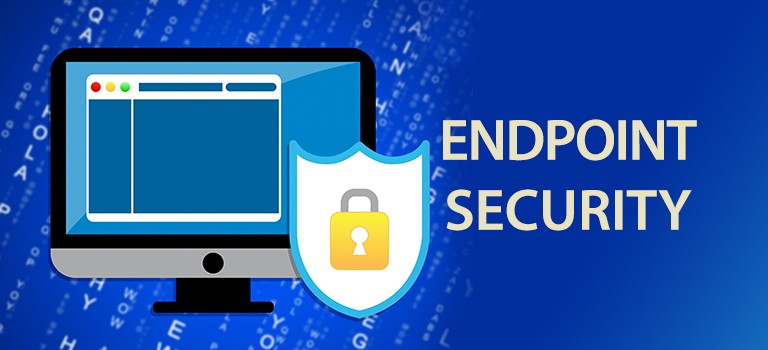Endpoint Detection and Response (EDR System): Eliminating Most Common Cyber Attacks.
Updated on July 19, 2023, by OpenEDR

Technological advancement has resulted in the overall development of every organization. They are capable of connecting to the world with ease and comfort. But, in recent years, multiple mischievous activities have started taking place in various organizations. In technical terms, it is known as cyber-attacks. To make every organization competitive as well as protected from potential threats, an Endpoint Detection and Response (EDR) or EDR system is the appropriate need of time.

EDR System Solution
Endpoint Detection and Response (EDR) or EDR system is a standalone solution for protecting the integrity of the organization. It provides the organization with the necessary capabilities to:
- Identify the uprising threats for the organization
- Investigate the root cause of the problem at its brimming stage
- EDR systems enhance the optimal solution for the effective result
With the advancement of technology, there are various cyber experts who have mastered the malpractices of breaching the confidential arena of the organization (s). Let’s talk about a few of the most common cyber attacks that are most prevalent and are being tackled by the EDR system.
- Malware
- Phishing
- IoT-Based Attacks
- Spoofing
- Denial-of-Service (DoS) Attacks
- Identity-Based Attacks
- Code Injection Attacks
- Supply Chain Attacks
How EDR System Prevent Network Attacks?
Malware:
Malware is the most common cyber attack that is encountered by the organization. It is malicious software that is specifically designed to infiltrate systems, extract potential data, or cause damage. EDR system, to minimize the impact of malware, deploys various strategies to safeguard endpoints and networks, like,
- Advances the threat detection mechanism
- Offers real-time monitoring
- Promorts blocking methodology
Phishing:
Phishing is another popular cyber attack procedure that lands the device users in the trapped state of revealing their sensitive information. An effective EDR systems fights back phishing attacks to protect the organization and its crucial information from being violated by unauthorized access in the following ways.
- Analyzation of the Email content
- Detection of suspicious URLs
- Preventing users from accessing phishing websites
IoT-based Attacks:
In the list of forms of cyber attacks, IoT-based attacks are a serious concern. It exploits the vulnerabilities in interconnected devices to gain unauthorized access or disrupt operations. The best EDR system service providers shield the organization to safeguard the EDR network and endpoints from potential threats through:
- Monitoring and controlling IoT devices
- Detecting unusual behavior
- Taking necessary actions to prevent unauthorized access.
Spoofing:
Spoofing is a form of cyber attack that is referred to as the act of forging identities or even IP addresses to loot the targeted organization’s confidential information. The advanced EDR system has emerged as the most relevant source to effectively promote the healthy operation of the organization by,
- Usage of authentic protocols
- Blocking of forged IP addresses
- Eliminating the problem of impersonation
Denial-of-Service or (DoS):
Denial-of-Service or (DoS) is an approach used by the cyber attacker in order to barge the access of legitimate users with respect to their system. It blocks the access of the user to extract confidential data/information. EDR system plays an important role in the mitigation of problems by
- Identification of abnormal traffic
- Detection and blocking of the malicious requests
- Ensures the availability and stable establishment of the EDR network
Identity-based Attacks:
Identity-based attacks are one of the other cyber attack practices that target the organization’s credentials and privileges. As per the EDR system‘s potential service seekers, it has created a lot of problematic situations for the firm. An effective EDR system protects against identity-based attacks by:
- Implementing strong authentication measures
- Monitoring user behavior for any suspicious activities
- Promptly identifying and mitigating unauthorized access attempts
Code Injection Attacks:
The next in the line of cyber attacks is Code injection attacks. It involves the insertion of malicious code into vulnerable applications to exploit system vulnerabilities that affect their appropriate functioning. EDR system helps organizations with analyzing and identifying code injection attempts along with preventing the injection of codes that can violate the integrity and functionality of the organization.
Cyber Attack Supply Chain Attack :
In the current scenario, among the various attempts of cyber attacks supply chain attacks are flourishing at a faster rate. It involves compromising trusted software or hardware vendors to gain unauthorized access to the organization’s systems. The trusted EDR system ensures regular updates of software and firmware, which blocks the pathway of malicious alterations.
Conclusion – EDR Systems
It is evident that to protect the integrity and promote its appropriate functioning; the EDR system is essentially required by the organization. The effective and trustworthy EDR system service provider helps the organization to stand confident with ease at work. The earliest detection of cyber attacks with the aid of the EDR systems saves the organization from the loss of confidential information along with safeguarding their reputation & goodwill. Additionally, it ensures the proper functioning of the organization.
In providing the best-in-class EDR system to organizations, OpenEDR® is the one-stop solution. Our effective team is well-trained to provide our clients with continuous monitoring, detecting the loop area, identifying the source of the problem as well as initiating the optimal solutions. We ensure the safety of the organization with the assistance of the best technology that provides protection from technical mischievous activities.
See Also:
Managed EDR